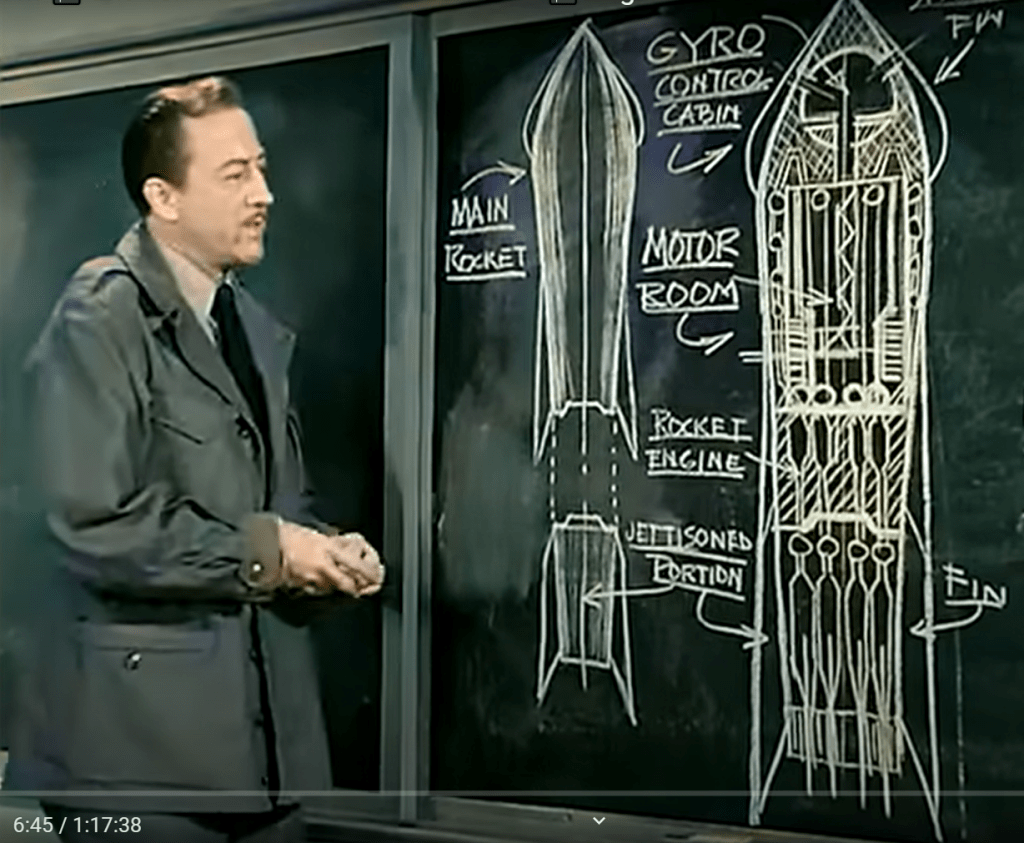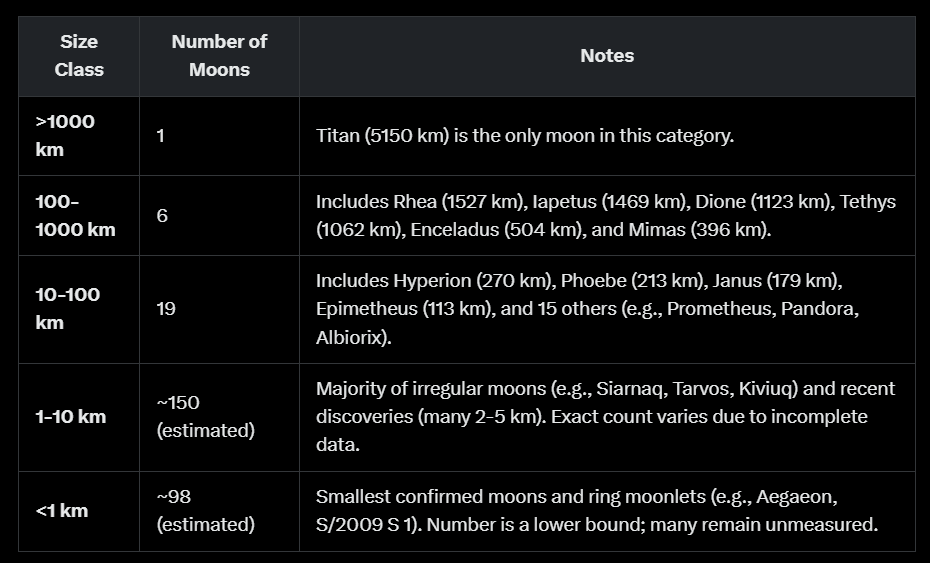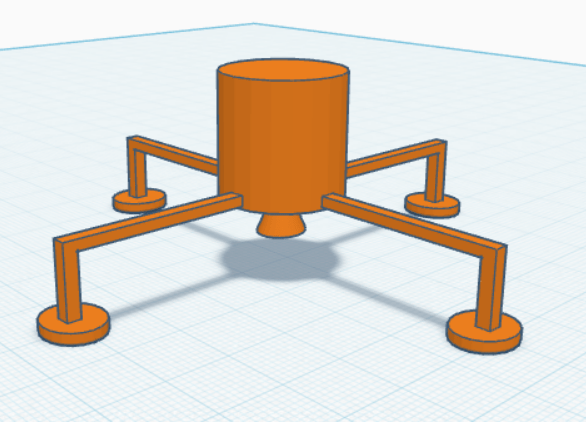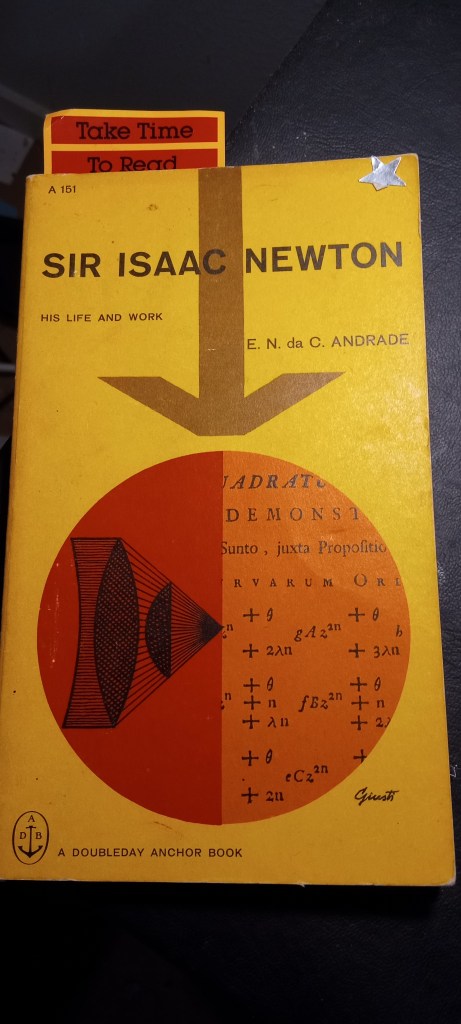I mean, I don’t know this for sure, but that’s how I would place the bet.
If you’ve been living on Earth more than week or two, you probably know who Elon Musk is, but you may not know who Grok is. Grok is the AI avatar for X.com, formerly Twitter. If you have an X (formerly Twitter) account, you can ask Grok questions, have him generate pictures, and even analyze pictures that you upload. New features are being developed and added.
Maybe you’re thinking, “Well, okay, but given that computers can be programmed to play chess, what’s the big deal about a computer (ie AI) being programmed to play another game?” The thing about that is, an AI such as Grok probably isn’t being programmed to play any specific game. It’s being programmed to learn how to play games.
In other words, the AI is connected to the game through the internet just like any other player, and then without human assistance it studies and understands the rules, understands the screen images, follows the action on the screen, responds with the correct gamepad, mouse, and/or keyboard commands, and learns tactics and strategies as it goes along. And then it gets better and better.
I don’t know whether Grok has this ability. I don’t work for X, so I’m on the outside trying to look in, and the curtains are closed. But I have a feeling, based on what knowledge is public.
It starts a few months ago, when Elon Musk announced that he was a top-rated player in an online computer game called Diablo 4. Experienced gamers questioned this, because it takes hours and hours every day to build up enough points to appear high on the leaderboard. Even so, people shrugged it off. Maybe it was possible. Maybe Elon has a lot of downtime while shuttling back and forth aboard his private jet.
Then Elon claimed that he was one of the top-rated players in another online game, called Path of Exile 2. Now the gamers were sure that he was a fraud. Path of Exile 2 apparently is not a game where you can ‘grind’ your way to the top. It’s very complicated and you need to learn a lot of stuff in order to advance very far. Yet here was Elon, again rising to the top of the leaderboard.
He wasn’t even making much effort to hide the fact that he was lying about being a top player. In an interview he demonstrated ignorance about the basic mechanics of the game. If he’s going to hire someone or an entire team of someones to play the game for him, why not hire someone to whisper the correct answers to interview questions over a hidden earpiece? But he didn’t do that. He was making it obvious that he personally was not playing the game.
This has outraged the gaming world. But it’s not as if it doesn’t happen that wealthy people pay experienced gamers to boost their game scores for prestige. Also, if you want to be known as a top gamer so that you can attract attention to your game streaming channel, you might be tempted to do this.
But I think Elon has another motive. He’s using his identity to mask the identity of Grok as Grok learns the game and climbs the leaderboard. You can, with justification, claim that it’s neither fair nor honest for Elon to claim credit for Grok’s in-game achievements, but that’s really an insignificant matter. What’s monumentally important is that an AI has not only learned how to play a complex computer game, it’s gotten progressively better until it’s one of the top-ranked players.
From there, it’s still quite a few steps from learning how to navigate in the real world and succeed at the game of life. But Grok clearly is heading in the right direction and doing so with remarkable speed. And meanwhile, no other AI is anywhere near this achievement. No one else is even in competition, because the executives running the companies that have those AIs are being misled to think that Elon has gone crazy and is openly defrauding gamers by hiring experienced gamers to manage his gaming account.
I’ve lapsed into speaking with certainty here, and again, the truth is that I don’t know if this is what’s happening. I do know, however, that there are many people who despise Musk enough to gloat over accusing him of blatant gaming fraud and leave it at that. But perhaps in their gloating, they’re blind to the rapid evolution of his AI, and thus are enabling him to win even more at the biggest game of all, the game called In Real Life.

















